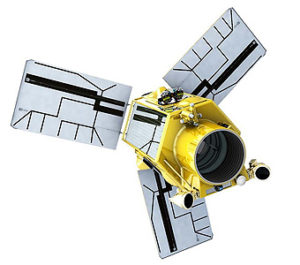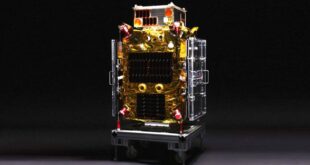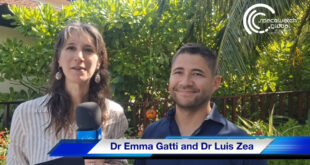
Russia will launch the EgyptSat-A Earth observation satellite on a Soyuz-2.1B space launch vehicle on 27 December 2018, according to Russian press reports.
The December date is a month later than the one cited in earlier reports in early September, though no reason has been given for the revised date.
“Roscosmos has approved December 27 as the launch date for the earth remote sensing satellite built by RSC Energia under a contract with Egypt,” a source told Sputnik, a Russian news outlet.
According to the source, it will be the last space launch conducted by Russia in 2018.
EgyptSat-A is a dual-use satellite, however, and will also be used by Egyptian authorities for other taskings such as resource management, environmental monitoring, and securing critical infrastructure.
EgyptSat-A (MisrSat-A) is Egypt’s third Earth observation satellite. The satellite is jointly built by Egypt’s National Authority for Remote Sensing and Space Sciences (NARSSS) together with RSC Energia in Russia and is estimated to have cost about U.S.$100 million. The imaging payload was developed by OAO Peleng and NIRUP Geoinformatsionnye Sistemy in Belarus.
According to reporting in the Egyptian press, and as previously reported by SpaceWatch.Global, some of the costs of EgyptSat-A’s construction and integration has been defrayed by grants provided by the Chinese government.
The satellite is an improved version of EgyptSat-2 (that cost an estimated U.S.$45 million and failed in orbit in 2015) and is also based on RSC Energia’s 559GK bus, which inherits technologies from their USP platform. The satellite features SPD-70 electric engines using Xenon gas. It features improved electro-optical and onboard control systems, high-speed on-board radio link, and solar cells with increased efficiency.
The satellite is planned to be launched from Russia’s Baikonur Cosmodrome in Kazakhstan, and subject to a successful launch and on-orbit systems check, should begin operations in January or February 2019.
 SpaceWatch.Global An independent perspective on space
SpaceWatch.Global An independent perspective on space




